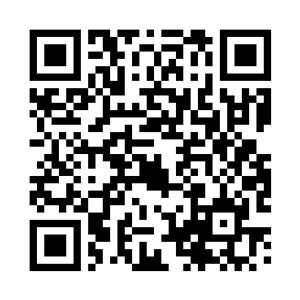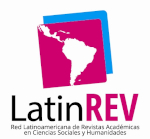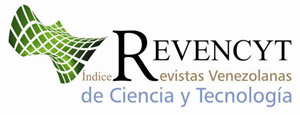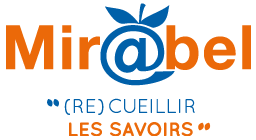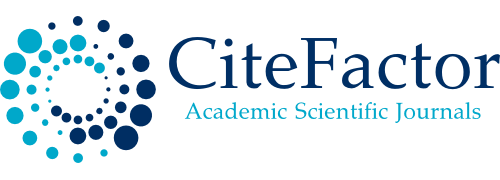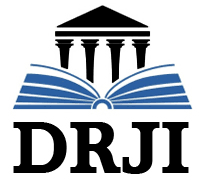Teaching work: a reflection From the rationality of the practical curriculum
Keywords:
teaching task, teacher, curriculum, practical rationality of the curriculumAbstract
The current times deserve the transformation in education and teaching; therefore, it is important to look at our work as teachers to reflect on how much we are contributing to the formation of an integral human being and to the construction of a better world. The purpose of this essay is to reflect on the teaching task from the point of view of the practical rationality of the curriculum, understanding it as the ideal way to strengthen curricular proposals aimed at understanding the environment and its subjects, encouraging consensus and the practice of values oriented to dialogue and the construction of significant knowledge. The teaching task is conceived as a space for actions and strategies oriented from the values and culture of the teacher, which is connected in turn with the curriculum as a cultural construction that can enable us to have contextualized, reflective, relevant and training-oriented educational spaces of a whole human being.
Downloads
References
Alvarado, N. (2020). Quehacer Docente desde la óptica de los intereses constitutivos del conocimiento, Red De Investigación Educativa, 12(2), 46-55. https://revistas.uclave.org/index.php/redine/article/view/2809/1756
Alvarado, N. y Villarreal, M. (2019). Construcciones curriculares emergentes de los docentes en su práctica pedagógica. Revista EDUCARE – UPEL-IPB. 23(1), 4–26. https://doi.org/10.46498/reduipb.v23i1.9
Álvarez, M; y Jiménez, J. (2021). Resignificación del Curriculum desde la Práctica Pedagógica en el contexto de la Educación Superior, Red De Investigación Educativa, 13(2), 52 – 64. https://revistas.uclave.org/index.php/redine/article/view/3322/2065
Bolaños, G. y Molina, Z (2007). Introducción al currículo. San José, Costa Rica: UNED.
Carr, W. y Kemmis, S. (1988). Teoría Crítica de la Enseñanza, la investigación acción en la formación del Profesorado. Barcelona, España: Martínez Roca.
Castillo, L. (2021). Procesos Reflexivos Significantes del Profesional de la Docencia en Tiempos de Pandemia. Red De Investigación Educativa, 14(1), 51 - 61. https://revistas.uclave.org/index.php/redine/article/view/3585/2273
Díaz – Barriga, A. (2002). Currículum: una mirada sobre su desarrollo y sus retos. Ciudad de México, México: Pomar.
Grundy, S. (1994). Producto o Praxis del Currículo. Madrid, España: Editorial Morata.
Guzmán, E. (2017). Evolución de la identidad profesional de un docente novel de educación física: a partir de la reflexión de sus experiencias personales y de su propia práctica. Apunts. Educación física y deportes. 1(119) 118. https://raco.cat/index.php/ApuntsEFD/article/view/291503.
Lázaro, C. y Alvarado, N. (2021). Currículo como Construcción Cultural: visiones emergentes en escenarios inciertos. Red De Investigación Educativa, 13(2), 38 - 51. https://revistas.uclave.org/index.php/redine/article/view/3306
Martínez Bonafé, J. (1989). Renovación Pedagógica y Emancipación Profesional. Valencia, España: Universidad de Valencia.
Pérez – Ruíz, A. (2018). Práctica docente y currículo: Un marco de análisis construccionista. Revista Electrónica Educare, 22(3), 1-15. https://www.scielo.sa.cr/scielo.php?pid=S1409-42582018000300402&script=sci_abstract&tlng=es
Pérez. M. (2010). Teorías sobre el Currículo. Hidalgo, México: Universidad Autónoma del Estado de Hidalgo.
Pogré, P. (2006). Currículo y Docentes. Revista Prelac, 3(1), 92 – 103. URL: http://chamilo.cut.edu.mx:8080/chamilo/courses/DISENOCURRICULARMAESTRIA15DEJUNIO/document/1.-_Curriculum/curriculum_libro_varios_temas.pdf#page=92
Posner, G. (2000). Análisis del currículo. Ciudad de México, México: McGraw Hill.
Robalino, M (2005). ¿Actor o protagonista?, dilemas y responsabilidades sociales de la profesión docente. Protagonismo docente en el cambio educativo. Revista PRELAC, 1(1), 7 – 24. URL: unesdoc.unesco.org/in/rest/annotationSVC/DownloadWatermarkedAttachment/attach_import_b96ca844-5e51-4920-b8c3-7f155d625f2f?=144666spa.pdf&to=24&from=7
Romero, J; Rodríguez, E; y Romero, Y. (2013). El trabajo docente, una mirada para la reflexión. Perspectivas Docentes, 51(1), 35 – 38. URL: https://dialnet.unirioja.es/descarga/articulo/6349290.pdf
Sacristán, J. (2010). Saberes e Incertidumbres sobre el Currículo. Madrid, España: Editorial Morata.
Sacristán, J. (2007). El Currículo, una reflexión sobre la práctica. 9na edición. Madrid, España: Editorial Morata.
Schwab, J. (1989). Un enfoque práctico como lenguaje para el currículo. Madrid, España: Ediciones Akal.
Stenhouse, L. (1984). Investigación y Desarrollo del Curriculum. Madrid: Morata.
UNESCO (2005). Protagonismo docente en el cambio educativo.
Published
How to Cite
Issue
Section
License

This work is licensed under a Creative Commons Attribution-NonCommercial-ShareAlike 4.0 International License.





